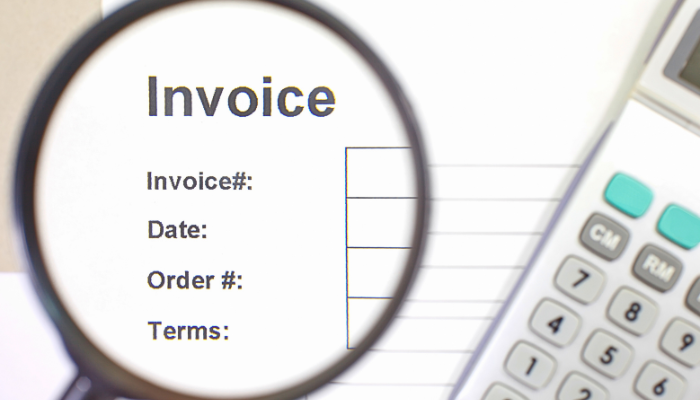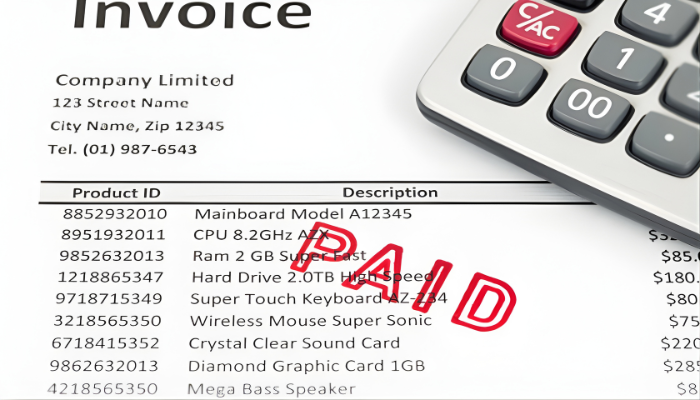
Running a construction business today means managing a constant balancing act, subcontractors to coordinate, materials to order, schedules to keep, and payments that rarely arrive on time.
It’s not unusual to wait 30, 60, even 90 days (or longer) after completing work just to get paid. Meanwhile, payroll, fuel, equipment rentals, and material costs don’t wait.
So how do you keep projects moving without draining your reserves or falling behind?
For many general contractors and trade specialists, the answer is construction factoring.

What Is Construction Factoring?
Construction factoring is a type of invoice factoring tailored for the construction industry. It allows contractors and subcontractors to turn unpaid invoices into same-week working capital, without taking on traditional debt.
Here’s how it works:
- You complete the work and submit an invoice to your customer
- A factoring company advances you a percentage of that invoice (often up to 80%)
- Once your customer pays, the rest, minus a small fee, is sent to you
- This isn’t a loan. You’re not borrowing money, you’re unlocking cash that’s already owed to you.

Why Construction Factoring Matters Right Now
Even when project pipelines are full, rising costs and delayed payments can quickly strain a contractor’s cash flow. That’s exactly what’s happening now:
- Work remains strong. Backlogs are averaging nearly nine months. As of July 2025, the Associated Builders & Contractors’ Construction Backlog Indicator hit 8.8 months, the highest since last year
- Profit margin confidence is low. Only 2% of contractors expect profit margins to rise in the next six months, the lowest level of optimism in nearly two years
- Tariffs are driving up input costs. More than 80% of contractors are reporting tariff-related price increases that are cutting into profits
- Materials keep getting more expensive. Construction input prices rose another 0.4% in July, and have increased nearly 6% since the start of the year
Why It Matters to Your Bottom Line
You may have plenty of work lined up, but if payments lag or materials get more expensive, your cash flow takes the hit. That’s where construction factoring comes in. It turns unpaid invoices into accessible capital, keeping your crew paid and your jobs moving, without taking on new debt.

Benefits for Contractors and Trades
Whether you're a general contractor or a specialty subcontractor, plumber, electrician, roofer, HVAC tech, welder, or landscaper, factoring can help smooth out the financial gaps that are all too common in this industry.
Here’s how it helps:
- Faster access to funds. Get paid on approved invoices in just a few business days.
- No added debt. You're not adding liabilities to your balance sheet.
- Use the cash however you need it. Payroll, materials, fuel, rentals, equipment repairs.
- Collections support. Most factoring companies manage invoice follow-up so you can focus on the job.

What It Takes to Qualify for Construction Factoring
One of the biggest misconceptions is that factoring is hard to qualify for. In reality, it’s often much more accessible than a traditional loan, especially for smaller or growing contractors working commercial jobs.
Here’s what most factoring companies look for:
You Work in B2B Construction
Factoring is designed for contractors who invoice other businesses, not homeowners.
If your clients include general contractors, developers, municipalities, or commercial property managers, your invoices may be eligible.
Residential jobs typically don’t qualify unless they’re part of a subcontracted commercial project.
You Invoice for Completed Work or Milestones
Factoring requires that the work be completed and verifiable. Most companies accept:
- Final invoices for completed jobs
- Progress billing tied to contract milestones (such as AIA billing forms)
- Signed work orders or lien waivers, depending on project type
The key is proving the work was done and acknowledged.
Your Customers Have a Decent Payment History
Factoring companies are more focused on your customers’ credit than on yours.
If your clients pay on 30, 60, or 90-day terms, factoring gives you access to those funds up front. A quick credit check on the customer helps determine eligibility.
You Keep Good Records
You’ll typically need:
- A copy of the invoice
- Proof of work completion (signed job tickets, contracts, lien releases)
- Customer contact information

What You Don’t Need to Qualify
- A strong personal or business credit score
- A long operating history or tax returns
- Collateral, like real estate or heavy equipment
Because factoring is based on your receivables, not your credit, it can be a strong option when traditional financing just isn't available.

A Smarter Way to Keep Building
If you've ever felt the stress of waiting on payments while bills keep stacking up, you’re not alone. That delay between doing the work and getting paid is one of the toughest parts of running a construction business.
Construction factoring gives you a way to keep moving forward.
It’s not a loan, and it’s not more debt; it’s a way to access money you’ve already earned.
That means more time spent building, managing, and growing, not chasing down checks.
If you’re wondering whether it might be a good fit for your business, we’re always here to walk you through it.
No pressure. Just honest answers and practical help when you need it.
*Originally published January 31, 2012 · Updated for clarity, accuracy, and relevance.















